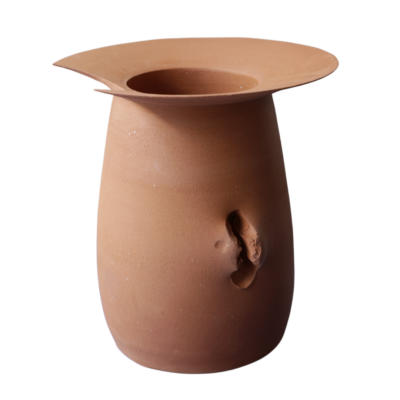You'll Know It When You Feel It
20 May–19 August 202320 May–19 Aug 2023
#YoullKnowItWhenYouFeelIt
Across the globe, demands are growing for a society in which prisons and policing are no longer the default solution to social, economic, and political issues in our communities.
Systems of surveillance, classification, and control extend beyond prison walls, parole boards, and courtrooms. They are embedded in the bureaucratic procedures, documents, and archives that record an individuals’ lived experiences. Unveiling the ineptitude of ‘official records’, You’ll Know It When You Feel It is a socially engaged art project that seeks to resist bureaucratic representations of women whose lives intersect with the prison-industrial complex.
Co-created by Brisbane based artist Raphaela Rosella with women in her life that have experienced incaseration, this intimate work has emerged over fifteen years. Including photographs, recordings of six-minute phone calls from prison, and handwritten letters that circulated between Rosella, friends, and family, this multi-authored exhibition examines the value of this co-created archive as a site of resistance.
Presented in partnership with advocacy organisation Sisters Inside, You’ll Know It When You Feel It will be accompanied by a community-engaged public program–including performances, panel discussions, artist talks, and creative workshops. Led by contemporary Meriam/Munbarra artist and prison abolitionist Boneta-Marie Mabo, the program will provide a platform for criminalised and formerly incarcerated individuals, artists, activists, and scholars to explore how art can challenge and resist the carceral state.
Presented as a part of Tropical Ecologies. This project is supported by Rachel Verghis, Firecracker, the Queensland Government through Arts Queensland, and the Australian Government through the Australia Council, its arts funding and advisory body. Tropical Ecologies is supported by Anonymous and James Xu.
-
Artists
Raphaela (Rosie) Rosella is an Italian-Australian artist based in Meanjin /Brisbane. Her practice draws on her lived experience of being raised in Nimbin—an over-policed, low socio-economic community in New South Wales. Working at the intersection of socially engaged art and long-form documentary photography, she has spent over fifteen years co-creating a photo-based project alongside women in her life, resisting bureaucratic representations. The co-created archive has been used in family albums, memorial services, and legal proceedings, as well as art exhibitions. Positioning ethics and consent as an ongoing process of relationality, engagement, and negotiation, Rosella engages in a broader theoretical dialogue around the power and authority of archives and photography’s complicity in maintaining imperial carceral regimes. The work has resulted in successful bail and parole applications and significantly reduced custodial sentences for her co-creators.






